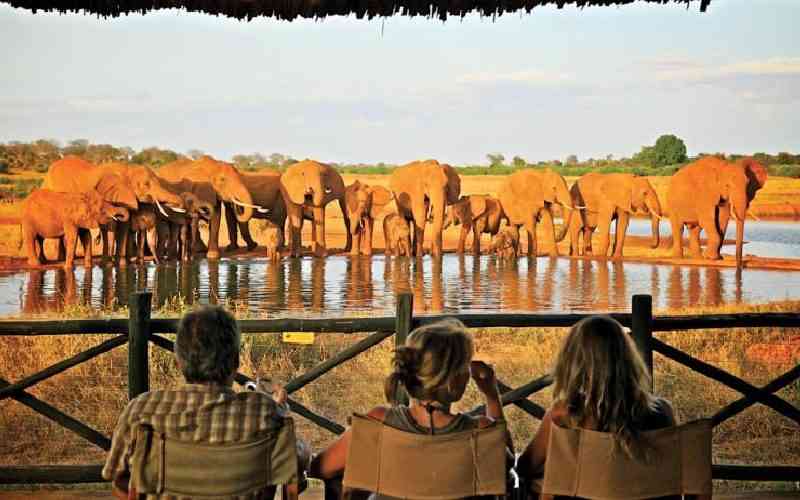×
The Standard e-Paper
Smart Minds Choose Us

Bed occupancy rates and conference facilities usage in June and July hit highs last witnessed before the pandemic, Central Bank of Kenya's (CBK) Monetary Policy Committee (MPC) Hotels Survey report indicated.
In many places, the numbers eclipsed the pre-pandemic period.